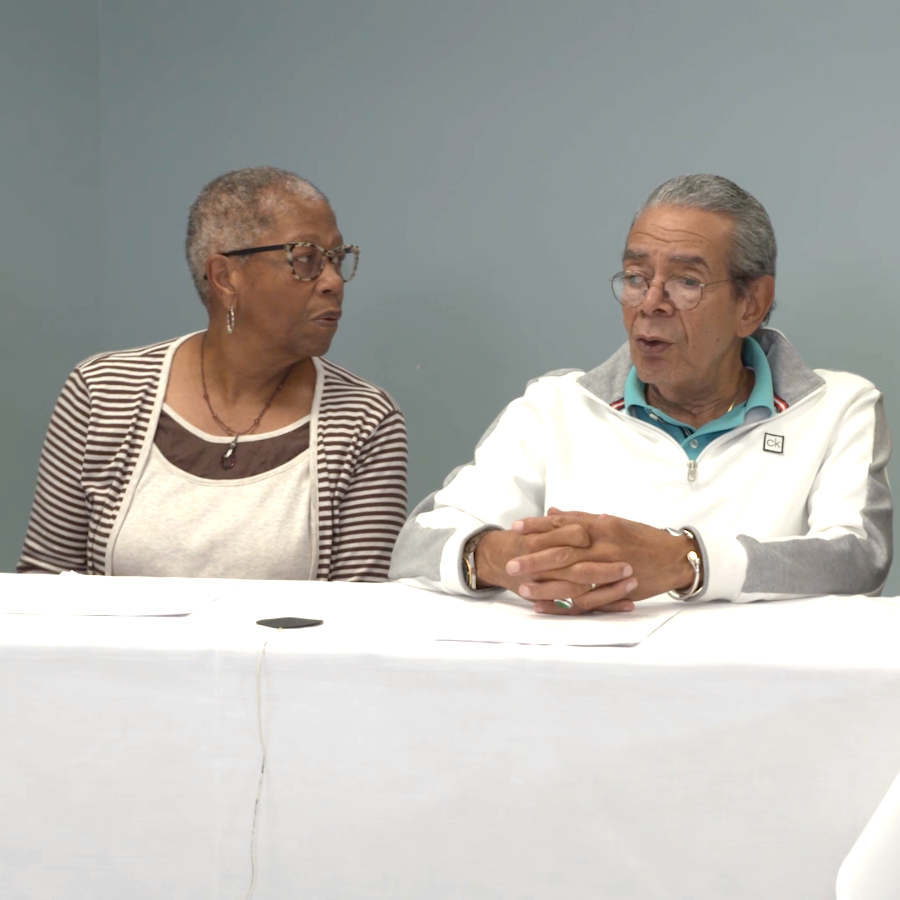
The Program
ACTPlan is a research-tested program to reduce suffering and improve quality of life for loved ones with dementia as well as their caregivers and other family members.
Program Overview
“Advance care planning” literally means planning medical care in advance for oneself or a loved one—before a crisis occurs that could require a difficult treatment decision under duress. ACTPlan gives caregivers the knowledge and understanding they need to put advance care plans in place for loved ones with dementia. The four sessions of the Program cover common medical decisions often encountered in dementia near end of life, and how to be prepared for them. Scroll over each session topic below for a summary of highlights.
medical care in advance for oneself or a loved one—before a crisis occurs that could require a difficult treatment decision under duress. ACTPlan gives caregivers the knowledge and understanding they need to put advance care plans in place for loved ones with dementia. The four sessions of the Program cover common medical decisions often encountered in dementia near end of life, and how to be prepared for them. Scroll over each session topic below for a summary of highlights.
Session 1
Session 1
Session 2
Session 2
Session 3
Session 3
Session 4
Session 4
The ACTPlan Program
The ACTPlan Program is an original research-tested approach found effective for family caregivers providing care for loved ones with dementia. Each session uses on-screen navigation instructions to pause or repeat the video for playback of materials presented by an expert instructor. The program provides opportunities for participants to repeat new concepts for understanding complex information described during the lecture series. The caregivers can share the new knowledge with loved ones to promote mutual support for each other.
